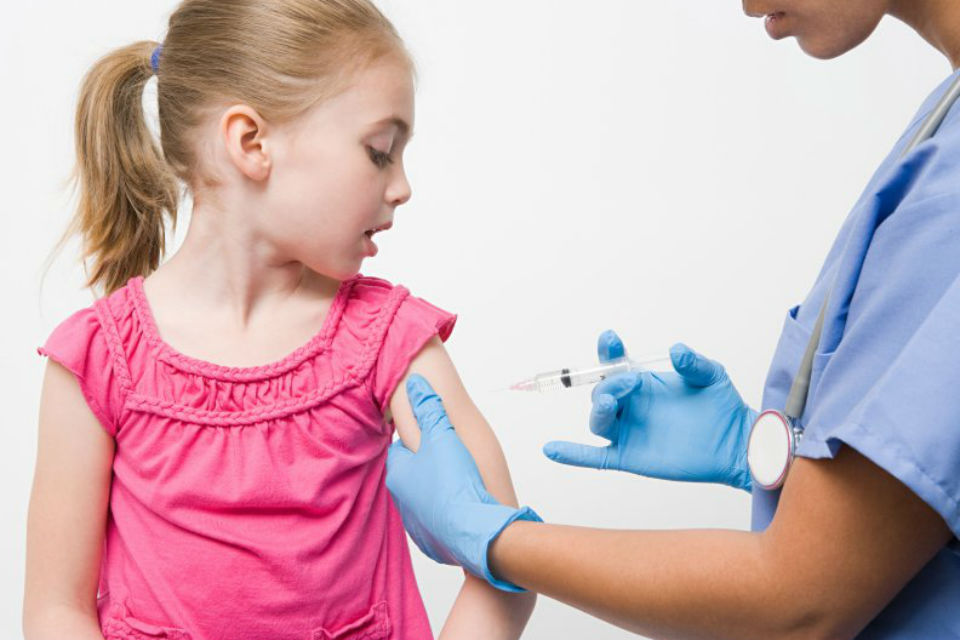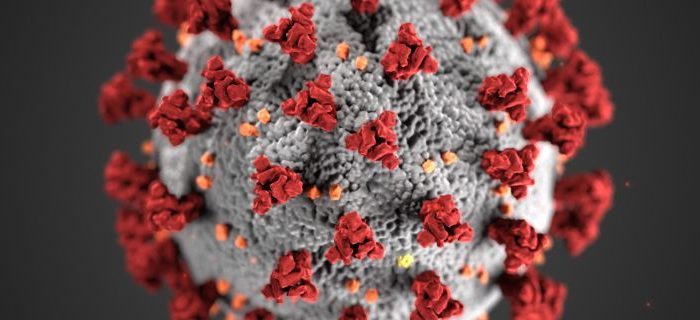Sanofi and Translate Bio expand collaboration to develop vaccines across all infectious disease areas

Sanofi Pasteur, the vaccines global business unit of Sanofi, and Translate Bio, a clinical-stage messenger RNA (mRNA) therapeutics company, have agreed to expand their existing 2018 collaboration and license agreement to develop mRNA vaccines for infectious diseases.
Under the expansion agreement, Translate Bio will receive a total upfront payment of 425 million USD. Translate Bio will also be eligible for potential future milestones and other payments up to 1.9 billion USD, including 450 million USD of milestones under the 2018 agreement.
Of these potential milestones and other payments, approximately 360 million USD are anticipated over the next several years, inclusive of COVID-19 vaccine development milestones. Under this agreement Sanofi Pasteur will receive exclusive worldwide rights for infectious disease vaccines.
“As all eyes are on prevention of infectious disease through vaccines, this is a pointed moment in time where we are called upon to seek innovative ways to protect public health,” said Thomas Triomphe, Executive Vice President, Sanofi Pasteur. “We are excited by the novel technology and expertise Translate Bio brings, and we believe that adding this mRNA platform to our vaccines development capabilities will help us advance prevention against current and future infectious diseases.”
Under the collaboration, Translate Bio is using its mRNA platform to discover, design and manufacture vaccine candidates and Sanofi Pasteur is providing its deep vaccine expertise to advance vaccine candidates into and through further development. Translate Bio will also transfer technology and processes to allow Sanofi Pasteur to develop and manufacture mRNA vaccines for infectious diseases.
The teams are currently evaluating multiple COVID-19 vaccine candidates in vivo for immunogenicity and neutralizing antibody activity to support lead candidate selection and the companies have the goal of initiating a first-in-human clinical trial in the fourth quarter of 2020.














